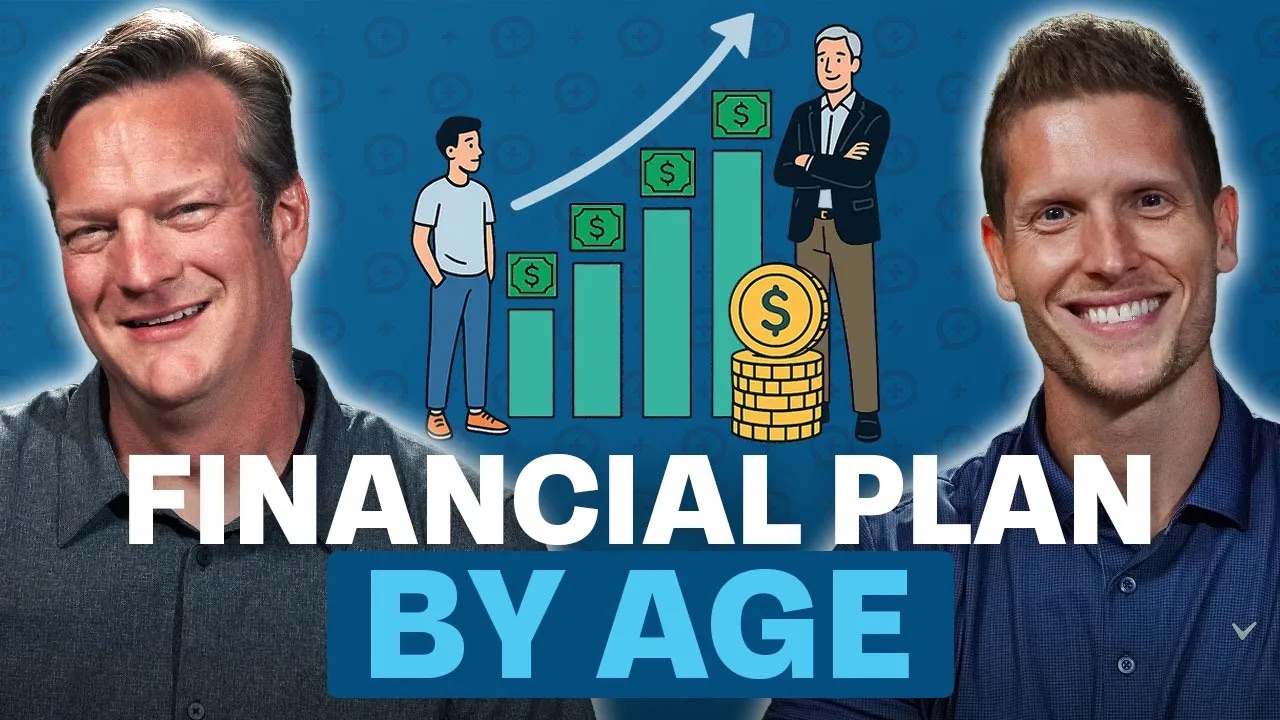Jake asks, with a likely looming recession in 2023, is it worth taking a job offer that is 30 to 40 percent higher pay but feels riskier since I've been at my current job as a software engineer for four years? What boxes need to be checked before switching jobs?
One thing needs to be addressed quickly, which is the likely recession. Whenever everyone predicts a recession, there is a chance it might not happen. When making a decision to change jobs, there are two questions to consider: how to decide the risk and reward trade-off, and what factors to consider in the background. An important consideration is your ability to be flexible and adaptable as it changes over time. If you are in your mid to late 20s, you may not have as many responsibilities as someone with a mortgage, kids, and a spouse who stays at home. In the latter case, job security and the likelihood of being able to provide for the family are crucial factors.
Working in the tech space, it is not uncommon for big companies to pause going outside to fill upcoming goals with internal employees because of a reduction in force. Therefore, it might be a compliment to Jake to receive a job offer with a higher pay raise. Consider looking at the situation through 3D glasses: create a dream plan of what you think will happen, a down-to-earth plan of what you believe will happen, and a doo-doo plan, which is the worst-case scenario.
When you're at the bottom and things are bad, I tell this to my retirees, who are people who are quickly approaching becoming retirees, that right now they're like, "Oh, it's horrible if I retire in the next six months." And just like you're probably looking at Jake like, "Man, this is crazy to make this move now," but the optimist in me, the contrarian inside him, says maybe this is the perfect time. Because if you think about somebody who's retiring, what if you hit that V-shaped recovery? You get lucky, you hit the V-shaped recovery when you're pulling out your 4.5% safe withdrawal rate, but your portfolio is making 12% to 15%, you're gonna be like, "This is so rocking and rolling right now." So there is a contrarian way, and that's why I do like, "Do the Dream Plan," with this, "This is going to work out so great." Let that be your optimist, let them run wild.
I also want you to create that down-to-earth, that middle plan of what you actually think will happen, in the 3D of putting on those 3D glasses. And then the last one, as Bo alluded to, is that "Doo-Doo Plan." This is the one where, "Man, I have really stepped in it, put myself in a bad situation. How many other different ways can I say it? This is stinky for your financial life." That's where your pessimist needs to be allowed to just run with it and figure out because here's what's so important about this Jay: if you will go ahead and run that pessimistic plan of this thing fails completely, you'll already be able to figure out, "How can I pick up the pieces, or is this going to be so devastating that it ruins me?" Take that into account. That's the way I would process this, Jake, is to run through the put on those 3D glasses, run through all the different options, and then figure out what's best for your household.
Then I would think through what are the other things, if I am taking a risky job change, what are the other things I should make sure to shore up? Maybe my emergency fund was three months or four months. Maybe my emergency fund should be six, seven, eight months just in case something happens. What's my savings rate been? When I look when I do my
Know Your Number course, or when I go do the "Money Guy Millionaire Next Door" formula to figure out where I'm at, am I on track? Am I behind the curve? Am I ahead of the curve? If you are on track or ahead of the curve, that's great. If you're behind the curve, maybe you can't afford to take off this time from saving and investing. And then what does your outside portfolio look like? What are the other pieces of the financial puzzle look like? And if you're living an employer, this is a big one: make sure you're also measuring benefits. What if the place you're leaving has really good solid great health coverage, but the place you're going to doesn't have that, and you have some sort of medical need where that's really, really important? Because then, if there is a reduction in force and then you lose that medical coverage and you have to go on COBRA, you have to go self-insure, just make sure you're taking the other ancillary parts of your job into consideration, not strictly what the paycheck is at the end of every two weeks or at the end of every month and how it fits in the plan.
Find out how much wealth you need, when you'll get there, and ways to speed the process. Own your time with the
Know Your Number course.













